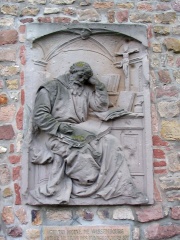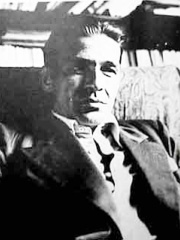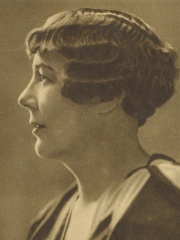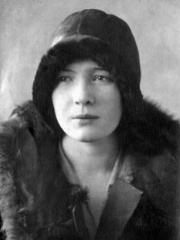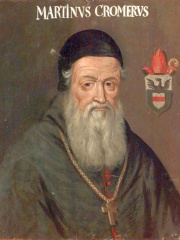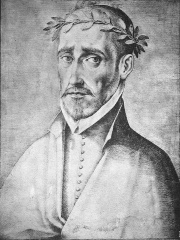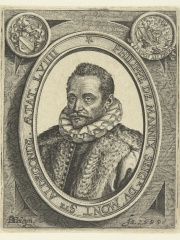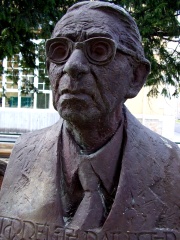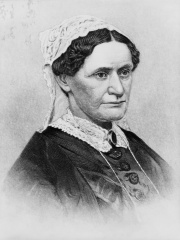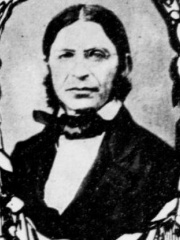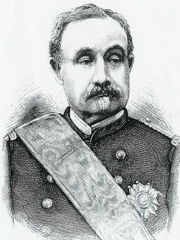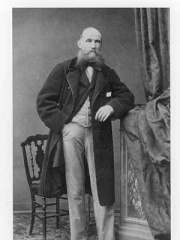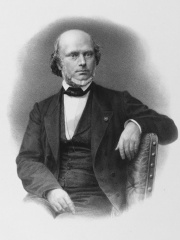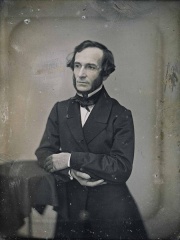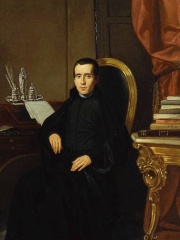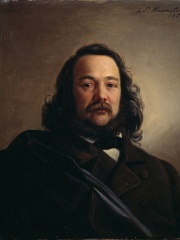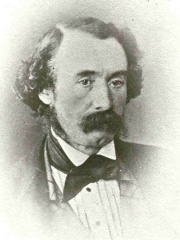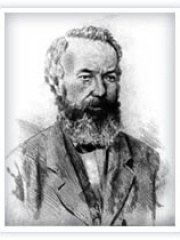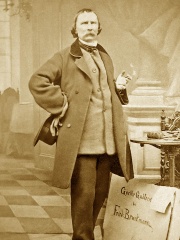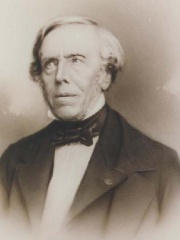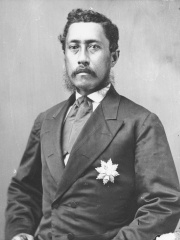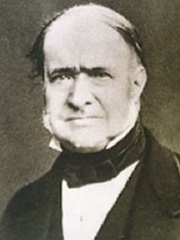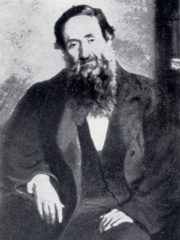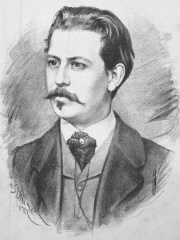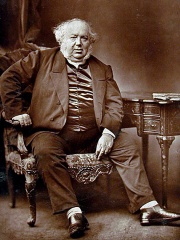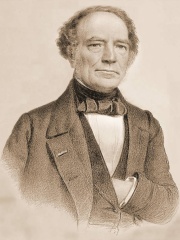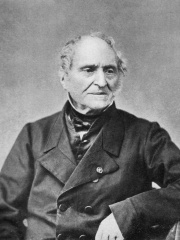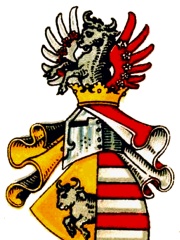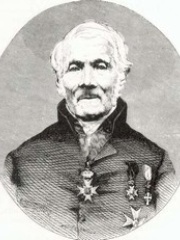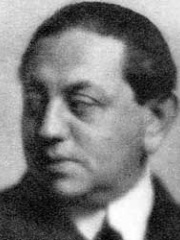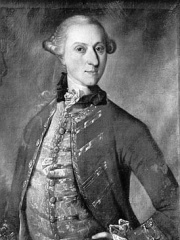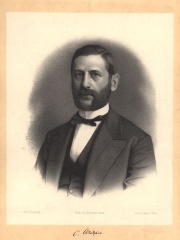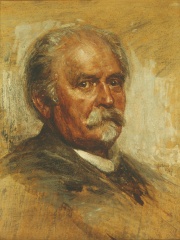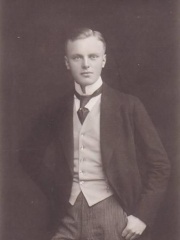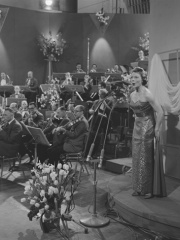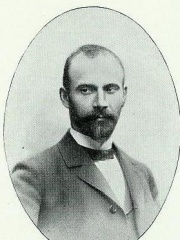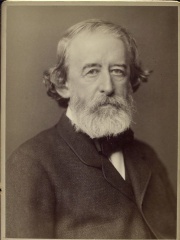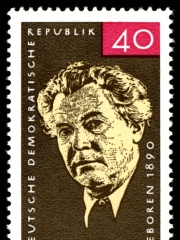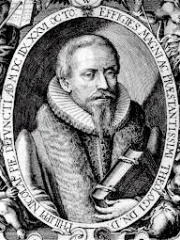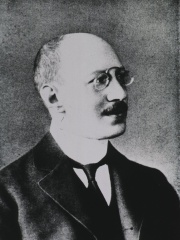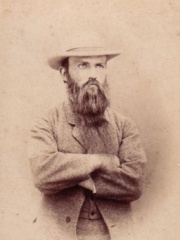Writer
Fritz Reuter
1810 - 1874
EN.WIKIPEDIA PAGE VIEWS (PV)
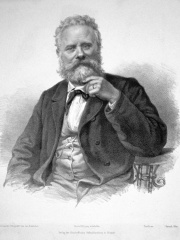
 Fritz Reuter
Fritz Reuter
His biography is available in 25 different languages on Wikipedia (up from 22 in 2024). Fritz Reuter is the 3,637th most popular writer (up from 4,304th in 2024), the 3,736th most popular biography from Germany (up from 4,223rd in 2019) and the 224th most popular German Writer.
Memorability Metrics
Page views of Fritz Reuter by language
Among Writers
Among writers, Fritz Reuter ranks 3,637 out of 7,302. Before him are Otfrid of Weissenburg, Gaito Gazdanov, Zofia Kossak-Szczucka, Olga Bergholz, Marcin Kromer, and William Goldman. After him are Fernando de Herrera, Philoxenus of Cythera, Philips of Marnix, Lord of Saint-Aldegonde, Gonzalo Torrente Ballester, Joanna Chmielewska, and Yuli Daniel.
Most Popular Writers in Wikipedia
Go to all RankingsOtfrid of Weissenburg
790 - 875
HPI: 58.86
Rank: 3,631
Gaito Gazdanov
1903 - 1971
HPI: 58.86
Rank: 3,632
Zofia Kossak-Szczucka
1889 - 1968
HPI: 58.86
Rank: 3,633
Olga Bergholz
1910 - 1975
HPI: 58.86
Rank: 3,634
Marcin Kromer
1512 - 1589
HPI: 58.86
Rank: 3,635
William Goldman
1931 - 2018
HPI: 58.86
Rank: 3,636
Fritz Reuter
1810 - 1874
HPI: 58.85
Rank: 3,637
Fernando de Herrera
1534 - 1597
HPI: 58.85
Rank: 3,638
Philoxenus of Cythera
435 BC - 380 BC
HPI: 58.85
Rank: 3,639
Philips of Marnix, Lord of Saint-Aldegonde
1540 - 1598
HPI: 58.85
Rank: 3,640
Gonzalo Torrente Ballester
1910 - 1999
HPI: 58.85
Rank: 3,641
Joanna Chmielewska
1932 - 2013
HPI: 58.85
Rank: 3,642
Yuli Daniel
1925 - 1988
HPI: 58.85
Rank: 3,643
Contemporaries
Among people born in 1810, Fritz Reuter ranks 61. Before him are Eliza McCardle Johnson, Abraham Geiger, Ernest Courtot de Cissey, Julian Fontana, Philip Henry Gosse, and Jean Louis Armand de Quatrefages de Bréau. After him are Louis Gallait, Juan Bautista Alberdi, Jaime Balmes, Ferdinand Freiligrath, Robert Mallet, and Alexander Bain. Among people deceased in 1874, Fritz Reuter ranks 38. Before him are Wilhelm von Kaulbach, Jean-Baptiste-Charles-Joseph Bélanger, Lunalilo, Abraham Geiger, Jean-Baptiste Élie de Beaumont, and Niccolò Tommaseo. After him are Vilém Blodek, Jules Janin, Barthélémy de Theux de Meylandt, Jean Cruveilhier, Heinrich von Kittlitz, and Johan Wilhelm Zetterstedt.
Others Born in 1810
Go to all RankingsEliza McCardle Johnson
POLITICIAN
1810 - 1876
HPI: 59.81
Rank: 55
Abraham Geiger
HISTORIAN
1810 - 1874
HPI: 59.50
Rank: 56
Ernest Courtot de Cissey
POLITICIAN
1810 - 1882
HPI: 59.40
Rank: 57
Julian Fontana
MUSICIAN
1810 - 1869
HPI: 59.39
Rank: 58
Philip Henry Gosse
BIOLOGIST
1810 - 1888
HPI: 59.14
Rank: 59
Jean Louis Armand de Quatrefages de Bréau
BIOLOGIST
1810 - 1892
HPI: 59.00
Rank: 60
Fritz Reuter
WRITER
1810 - 1874
HPI: 58.85
Rank: 61
Louis Gallait
PAINTER
1810 - 1887
HPI: 58.85
Rank: 62
Juan Bautista Alberdi
POLITICIAN
1810 - 1884
HPI: 58.81
Rank: 63
Jaime Balmes
PHILOSOPHER
1810 - 1848
HPI: 58.80
Rank: 64
Ferdinand Freiligrath
WRITER
1810 - 1876
HPI: 58.71
Rank: 65
Robert Mallet
ENGINEER
1810 - 1881
HPI: 58.63
Rank: 66
Alexander Bain
INVENTOR
1810 - 1877
HPI: 58.57
Rank: 67
Others Deceased in 1874
Go to all RankingsWilhelm von Kaulbach
PAINTER
1805 - 1874
HPI: 60.44
Rank: 32
Jean-Baptiste-Charles-Joseph Bélanger
MATHEMATICIAN
1790 - 1874
HPI: 59.72
Rank: 33
Lunalilo
POLITICIAN
1835 - 1874
HPI: 59.65
Rank: 34
Abraham Geiger
HISTORIAN
1810 - 1874
HPI: 59.50
Rank: 35
Jean-Baptiste Élie de Beaumont
ENGINEER
1798 - 1874
HPI: 59.43
Rank: 36
Niccolò Tommaseo
WRITER
1802 - 1874
HPI: 59.33
Rank: 37
Fritz Reuter
WRITER
1810 - 1874
HPI: 58.85
Rank: 38
Vilém Blodek
COMPOSER
1834 - 1874
HPI: 58.81
Rank: 39
Jules Janin
WRITER
1804 - 1874
HPI: 58.55
Rank: 40
Barthélémy de Theux de Meylandt
POLITICIAN
1794 - 1874
HPI: 58.33
Rank: 41
Jean Cruveilhier
PHYSICIAN
1791 - 1874
HPI: 58.17
Rank: 42
Heinrich von Kittlitz
BIOLOGIST
1799 - 1874
HPI: 57.78
Rank: 43
Johan Wilhelm Zetterstedt
BIOLOGIST
1785 - 1874
HPI: 57.47
Rank: 44
In Germany
Among people born in Germany, Fritz Reuter ranks 3,738 out of NaN. Before him are Rudolf Noack (1913), Frederick I, Landgrave of Hesse-Homburg (1585), Hans Clarin (1929), Paul Leni (1885), Eugenius Johann Christoph Esper (1742), and Karl Friedrich Otto Westphal (1833). After him are Felix Draeseke (1835), Ursula Franklin (1921), Georg, Prince of Saxe-Meiningen (1892), Angela Voigt (1951), Liane Augustin (1927), and Ernst, Prince of Saxe-Meiningen (1859).
Others born in Germany
Go to all RankingsRudolf Noack
SOCCER PLAYER
1913 - 1947
HPI: 58.87
Rank: 3,732
Frederick I, Landgrave of Hesse-Homburg
NOBLEMAN
1585 - 1638
HPI: 58.86
Rank: 3,733
Hans Clarin
ACTOR
1929 - 2005
HPI: 58.86
Rank: 3,734
Paul Leni
POLITICIAN
1885 - 1929
HPI: 58.86
Rank: 3,735
Eugenius Johann Christoph Esper
BIOLOGIST
1742 - 1810
HPI: 58.86
Rank: 3,736
Karl Friedrich Otto Westphal
POLITICIAN
1833 - 1890
HPI: 58.85
Rank: 3,737
Fritz Reuter
WRITER
1810 - 1874
HPI: 58.85
Rank: 3,738
Felix Draeseke
COMPOSER
1835 - 1913
HPI: 58.85
Rank: 3,739
Ursula Franklin
PHYSICIST
1921 - 2016
HPI: 58.85
Rank: 3,740
Georg, Prince of Saxe-Meiningen
POLITICIAN
1892 - 1946
HPI: 58.85
Rank: 3,741
Angela Voigt
ATHLETE
1951 - 2013
HPI: 58.85
Rank: 3,742
Liane Augustin
SINGER
1927 - 1978
HPI: 58.85
Rank: 3,743
Ernst, Prince of Saxe-Meiningen
NOBLEMAN
1859 - 1941
HPI: 58.84
Rank: 3,744
Among Writers In Germany
Among writers born in Germany, Fritz Reuter ranks 224. Before him are Herman Grimm (1828), Barthold Heinrich Brockes (1680), Elia Levita (1469), Brigitte Hamann (1940), Erich Weinert (1890), and Hans Erich Nossack (1901). After him are Lisa Tetzner (1894), Ferdinand Freiligrath (1810), Philipp Nicolai (1556), Iwan Bloch (1872), Dorothee Sölle (1929), and Georg Sauerwein (1831).
Herman Grimm
1828 - 1901
HPI: 59.04
Rank: 218
Barthold Heinrich Brockes
1680 - 1747
HPI: 59.00
Rank: 219
Elia Levita
1469 - 1549
HPI: 58.94
Rank: 220
Brigitte Hamann
1940 - 2016
HPI: 58.87
Rank: 221
Erich Weinert
1890 - 1953
HPI: 58.87
Rank: 222
Hans Erich Nossack
1901 - 1977
HPI: 58.87
Rank: 223
Fritz Reuter
1810 - 1874
HPI: 58.85
Rank: 224
Lisa Tetzner
1894 - 1963
HPI: 58.81
Rank: 225
Ferdinand Freiligrath
1810 - 1876
HPI: 58.71
Rank: 226
Philipp Nicolai
1556 - 1608
HPI: 58.67
Rank: 227
Iwan Bloch
1872 - 1922
HPI: 58.63
Rank: 228
Dorothee Sölle
1929 - 2003
HPI: 58.57
Rank: 229
Georg Sauerwein
1831 - 1904
HPI: 58.56
Rank: 230
